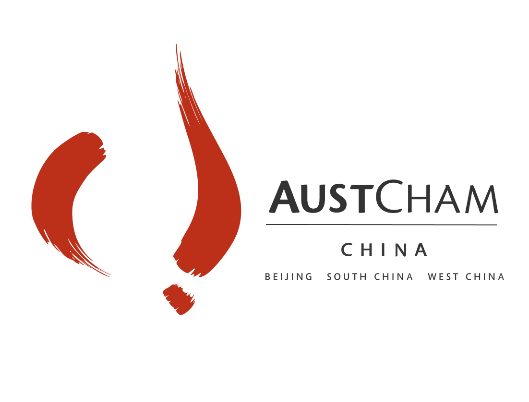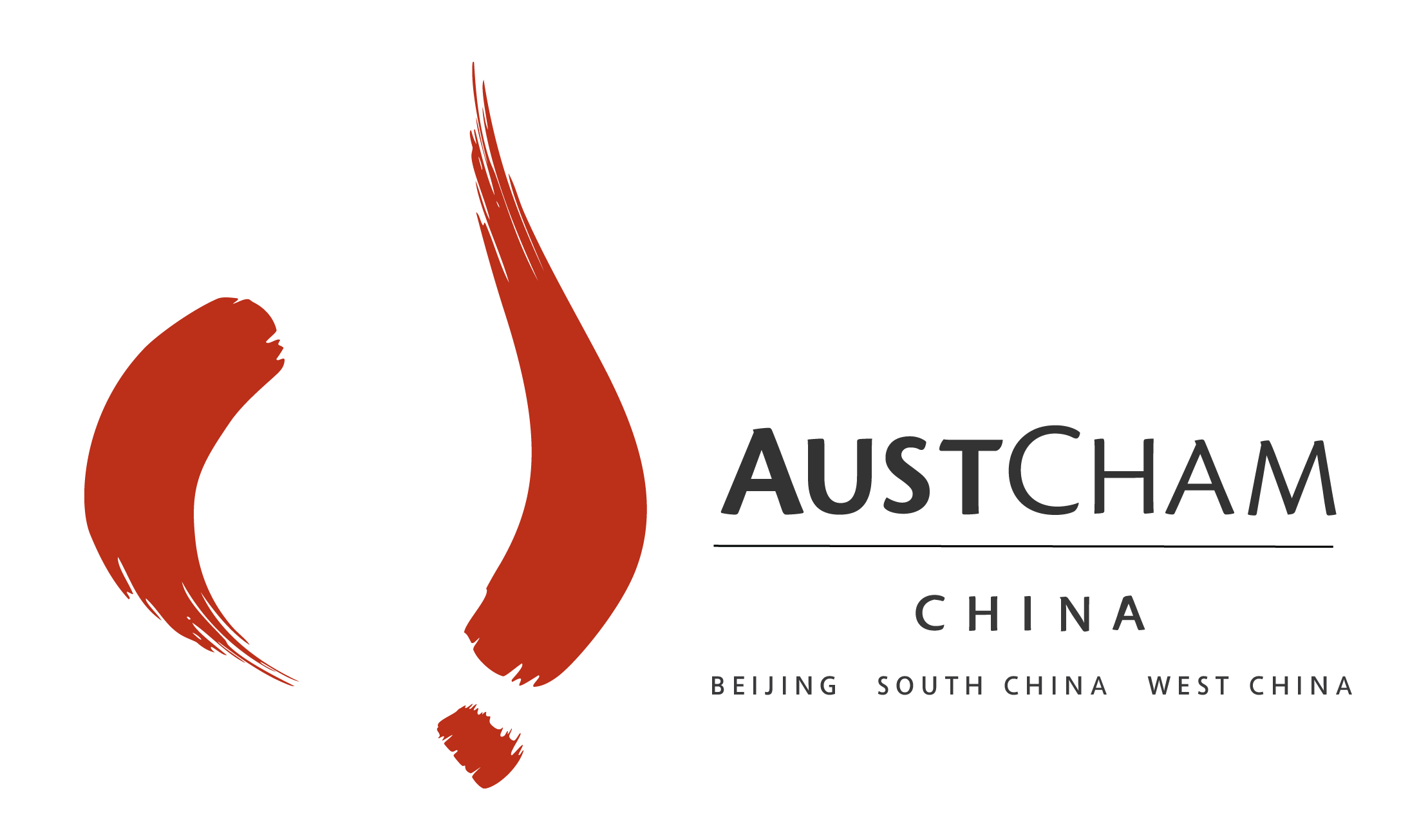The Global Times published an article on the 6th of June highlighting a survey by AustCham which found that China remains a top investment destination for Australian and foreign companies. The survey, involving 858 companies, showed that 75% rank China among their top three global priorities over the next three years, reflecting strong confidence in the market.
Business performance in China continues to improve, with 75% of respondents reporting profitability in 2024—up significantly from 58% in 2023. Revenue growth also remains robust, with 51% of companies seeing year-on-year increases. This positive trend comes alongside growing optimism about Australia-China relations, with 86% of surveyed businesses expressing a favorable outlook. Improved bilateral ties are influencing long-term strategies, as 76% stated that stronger relations would shape their future plans in China.
Traditional sectors like resources and agribusiness remain strong performers, while new opportunities are emerging in clean energy, biopharmaceuticals, and medical devices. The survey also highlighted electric vehicles (EVs) and clean energy as key export opportunities for Australia, particularly given China’s advanced manufacturing capabilities. Experts note the resilience and complementarity of the economic relationship, with China’s market openness benefiting Australian businesses while Australian products help diversify China’s consumer market.
Recent diplomatic engagement further reinforces this momentum. During talks between China’s Commerce Minister Wang Wentao and Australia’s Trade Minister Don Farrell, both sides emphasized deepening economic ties and optimizing the China-Australia Free Trade Agreement. While no official confirmation was given regarding a potential Australian Prime Ministerial visit, China reiterated its commitment to a stable and productive partnership.
The survey results underscore China’s enduring importance as a market for Australian businesses, combining steady growth in traditional industries with expanding opportunities in high-value sectors. As bilateral relations continue to strengthen, companies remain well-positioned to benefit from this dynamic economic relationship.
To read the full article published by the Global Times, click here

